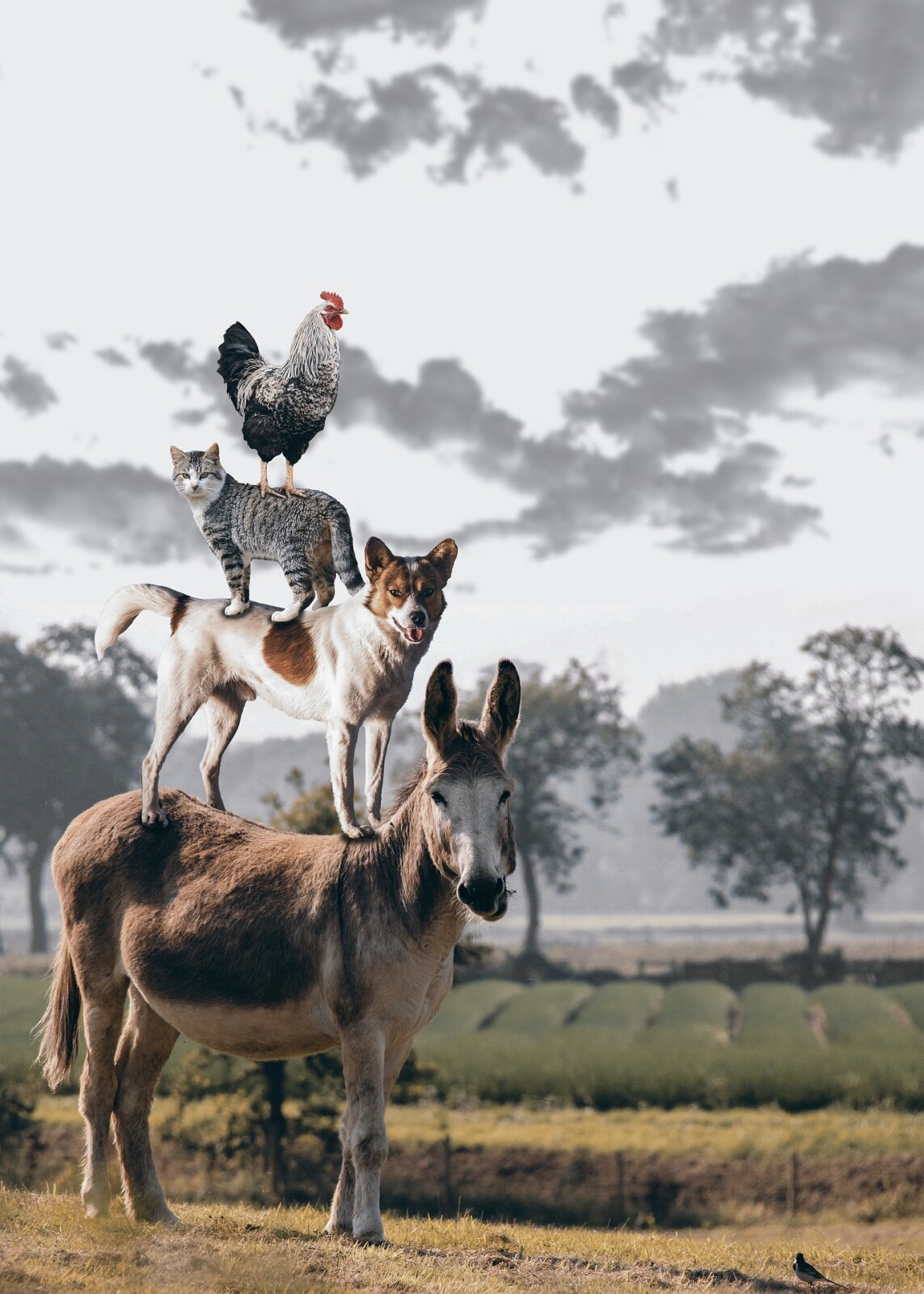
This post may contain affiliate links, which means that I may receive a commission if you make a purchase using these links, with NO additional cost to you.
Caring for animals is a rewarding experience. They bring joy, companionship, and even produce food or fiber. But taking care of animals is also a big responsibility! Whether you’re caring for chickens, goats, cows, pigs or any other homestead animal, there are certain basic needs all animals require in order to stay healthy and happy. In this article I will discuss the basics of animal care - shelter, water, food and safety - so that you can make sure your furry (or feathered) friends are getting everything they need.
Shelter & Safety
All animals need some kind of shelter to protect them from weather, predators, and other dangers. Even if you don’t have a large barn or coop, something as simple as a shaded area can provide protection from the elements. Make sure your animal has enough space to move around comfortably in their shelter. Even if that means a shade tree in the pasture for cattle.
Create boundaries around your property so that your animals don’t wander off; also make sure there aren't any hazardous materials nearby that could harm them (like toxic chemicals). Keep an eye out for predators like coyotes or foxes that could be lurking near your homestead—if necessary, install fencing or other deterrents, like livestock guardians, for added protection. Keeping animals safe also means ensuring access to clean living spaces free from sharp objects or other hazards that could cause injury or death to an unsuspecting animal. Finally, it’s important not to overcrowd the living area and shelter; too many animals can lead to fights which could result in serious injury or death.
Water
Animals require clean drinking water every day in order to stay hydrated and healthy. Make sure your animal’s water source is always full and that it’s changed regularly (at least once a week). During the winter months be sure to provide warm water as well; cold water can freeze quickly in the winter so having a heated water bowl is essential for keeping your animals hydrated when temperatures drop below freezing.
Food
Different types of animals have different dietary needs, in order to grow and stay healthy, so it’s important to research what type of food is best for your specific animal (more to come on specific animals). In general though, all animals need a balanced diet which includes carbohydrates (grains typically), proteins (for the amino acids), vitamins/minerals (supplements) and fiber (grass/hay). It’s also important to monitor how much they eat—too much food can lead to obesity or other health issues. Additionally, some types of animals may require special diets depending on their age or health status so make sure you check with your veterinarian if you have any questions about what type of food your animal needs.
Taking care of animals doesn’t have to be complex or intimidating—the basics remain relatively universal across different species! The key components are shelter, safety, water, and food; if you keep those four things in mind then you should be able to give your animals everything they need for happy lives on your homestead!
As I've grown in my journey as an entrepreneur, mom, gardener, and livestock owner, I struggled to find a planner that met my needs and kept me organized. So I MADE MY OWN. You can take a look at it on the link blow and buy it on amazon below
Don't want the whole calendar part? I got you! I pulled the gardening and animal care pages out and put them in a book all their own.
Wanting a community to lean into? Join the FREE Helping Your Family Homestead for Food group! This community is for the Mommas, looking to stay home and raise their kids, but unsure how to keep everyone fed and make ends meet. I share tips from my journey from the office, to half the income and feeding my family from home, while maintaining good nourishing food. Tips include: gardening, bulk buying, caning,/preserving, livestock, homesteading, and home remedies. Your family is precious and this group is to help you gain the knowledge and tools to keep your family well and not reliant on outside professionals. Remedies and tips are easy and simple for the busy momma, time is precious after all, including pregnancy, birth, young kids, and illness. Trust your Momma gut again! This community offers the resources + community you need to help get started on your journey and prepare for whatever future you envision.
Starting to garden doesn't have to be hard! I gathered all the tips I've learned over my gardening learning curve and made them into a simple course to jump start your gardening your life.
Supporting Your Family Naturally From the Inside Out community!! This community is for the Mommas, looking to Support Your Family from Nature for Wellness. Tips range from nutrition, herbals, detoxing, natural cleaning, and essential oils. Basically all the things I’ve learned slowly over the past 5+ years if my journey. We have moved off Facebook, so to better serve our community and be able to discuss openly option for providing for your family in the best way possible.
Join the FREE Community
Join the FREE Community
I've had 3 very different pregnancies. After the first traumatic birth, I learned better and how to care for my body naturally and prevent common pregnancy and birth problems before they arise. This quick course will get you the tools you need to have a naturally healthy pregnancy, labor, and delivery. My first pregnancy I had a normal western medicine all the things pregnancy. My second? I flipped to completely natural, no medicine. Bonus: Preventing Preeclampsia Without the Aspirin & Healing from Birth Trauma
Click here to get the stories straight to your email:
For more on wellness tips click here:
For more on homesteading on your budget click here:
For more simple DIY updates click here:

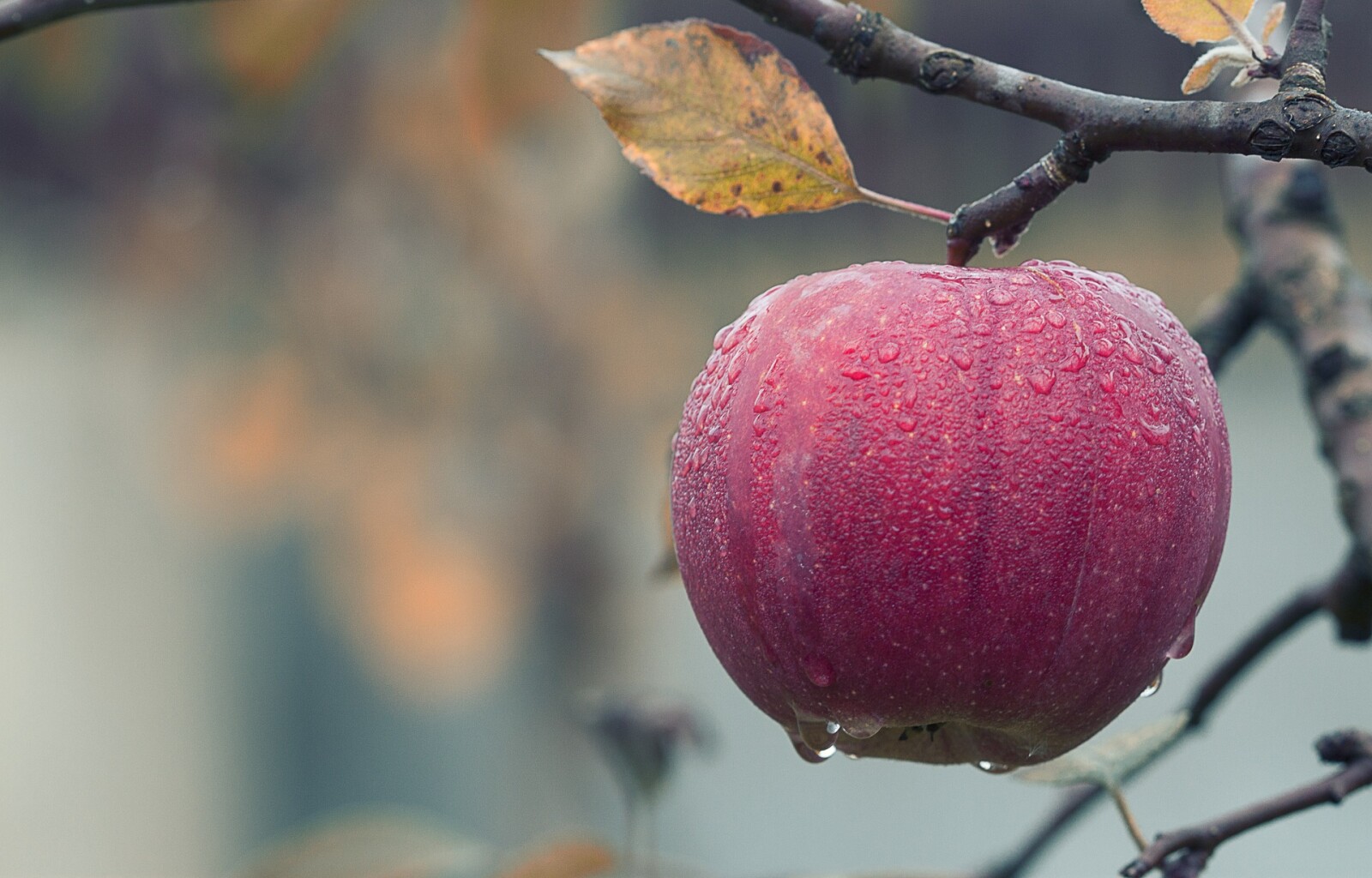

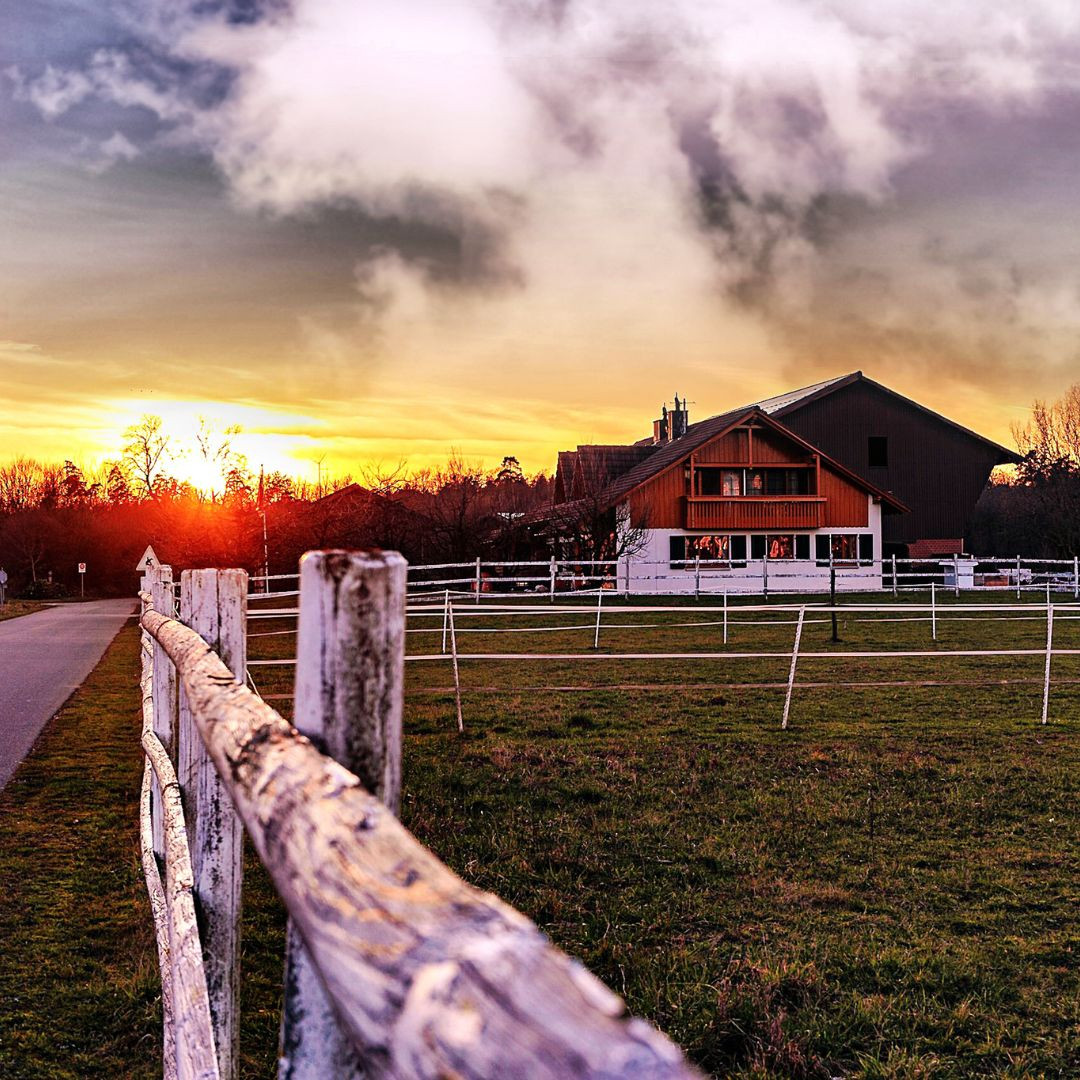

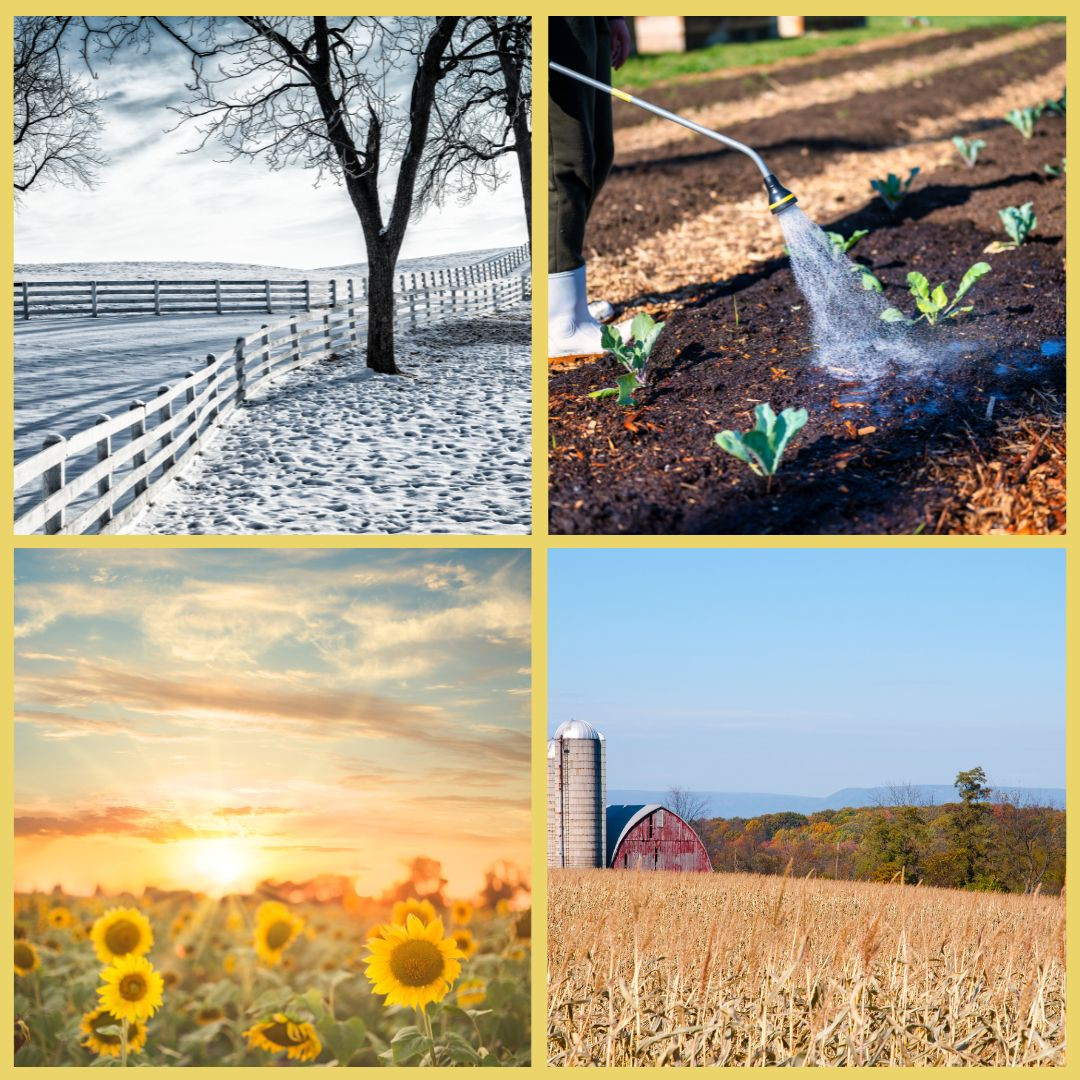




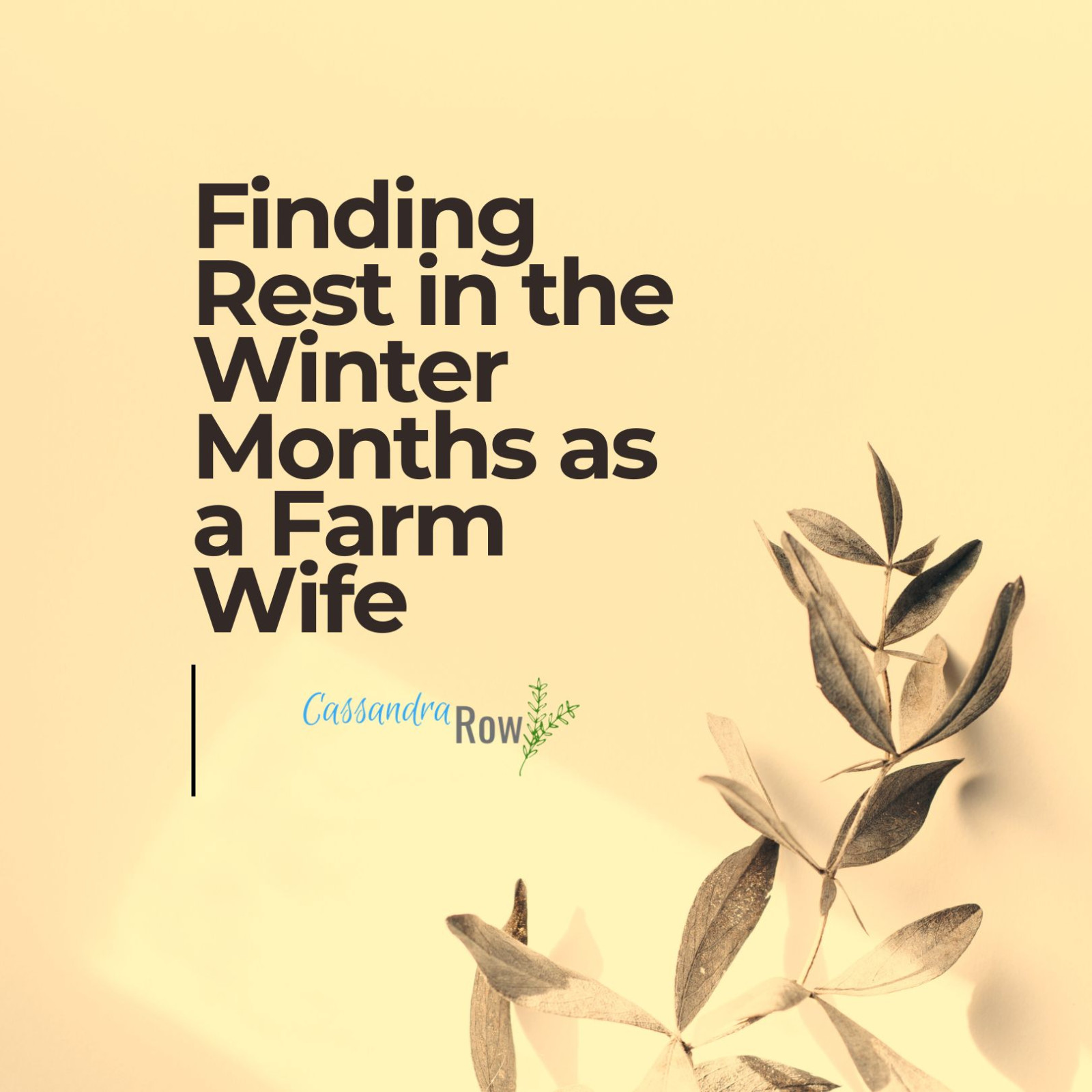
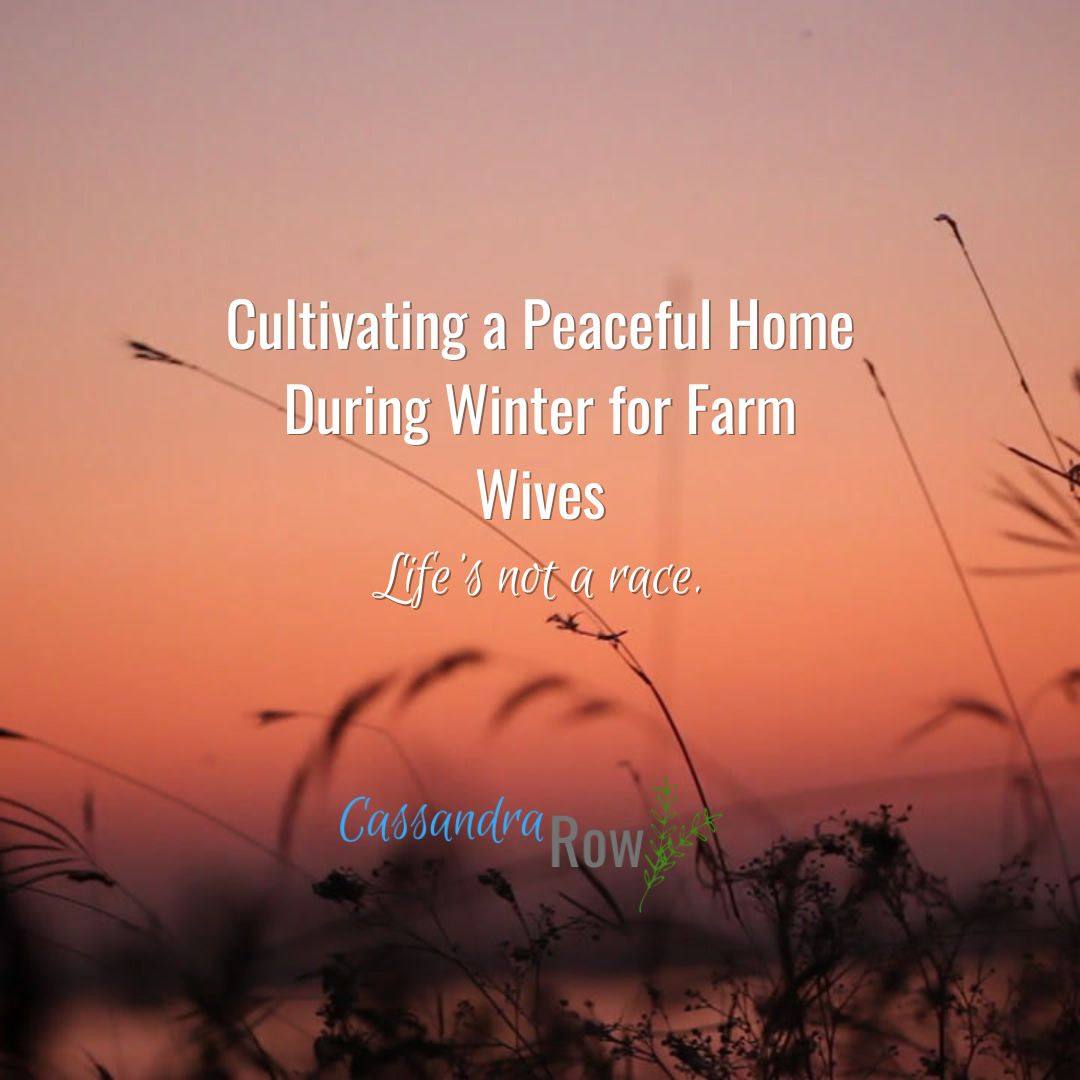


0 Comments